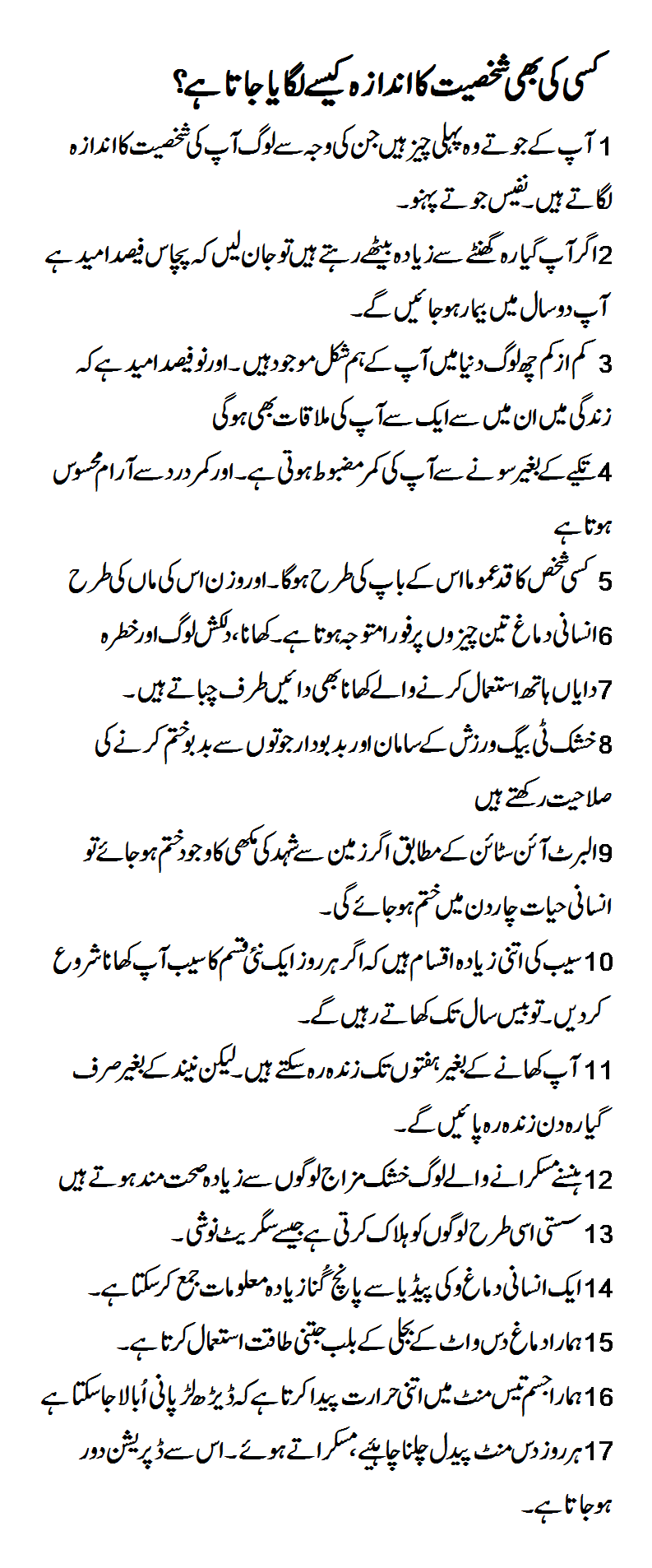personality assessment, the measurement of personal characteristics. Assessment is an end result of gathering information intended to advance psychological theory and research and to increase the probability that wise decisions will be made in applied settings (e.g., in selecting the most promising people from a group of job applicants). The approach taken by
the specialist in personality assessment is based on the assumption that much of the observable variability in behaviour from one person to another results from differences in the extent to which individuals possess particular underlying personal characteristics (traits). The assessment specialist seeks to define these traits, to measure them objectively, and to relate them to socially significant aspects of behaviour.
A distinctive feature of the scientific approach to personality measurement is the effort, wherever possible, to describe human characteristics in quantitative terms. How much of a trait manifests itself in an individual? How many traits are present?
Quantitative personality measurement is especially useful in comparing groups of people as well as individuals. Do groups of people from different cultural and economic backgrounds differ when considered in the light of their particular personality attributes or traits? How large are the group differences?
Overt behaviour is a reflection of interactions among a wide range of underlying factors, including the bodily state of the individual and the effects of that person’s past personal experiences. Hence, a narrowly focused approach is inadequate to do justice to the complex human behaviour that occurs under the constantly changing set of challenges, pleasures,
demands, and stresses of everyday life. The sophisticated measurement of human personality inescapably depends on the use of a variety of concepts to provide trait definitions and entails the application of various methods of observation and evaluation. Personality theorists and researchers seek to define and to understand the diversity of human traits,
the many ways people have of thinking and perceiving and learning and emoting. Such nonmaterial human dimensions, types, and attributes are constructs—in this case, inferences drawn from observed behaviour. Widely studied personality constructs include anxiety, hostility, emotionality, motivation, and introversion-extroversion. Anxiety, for example, is a concept, or construct, inferred in people from what they say, their facial expressions, and their body movements.
